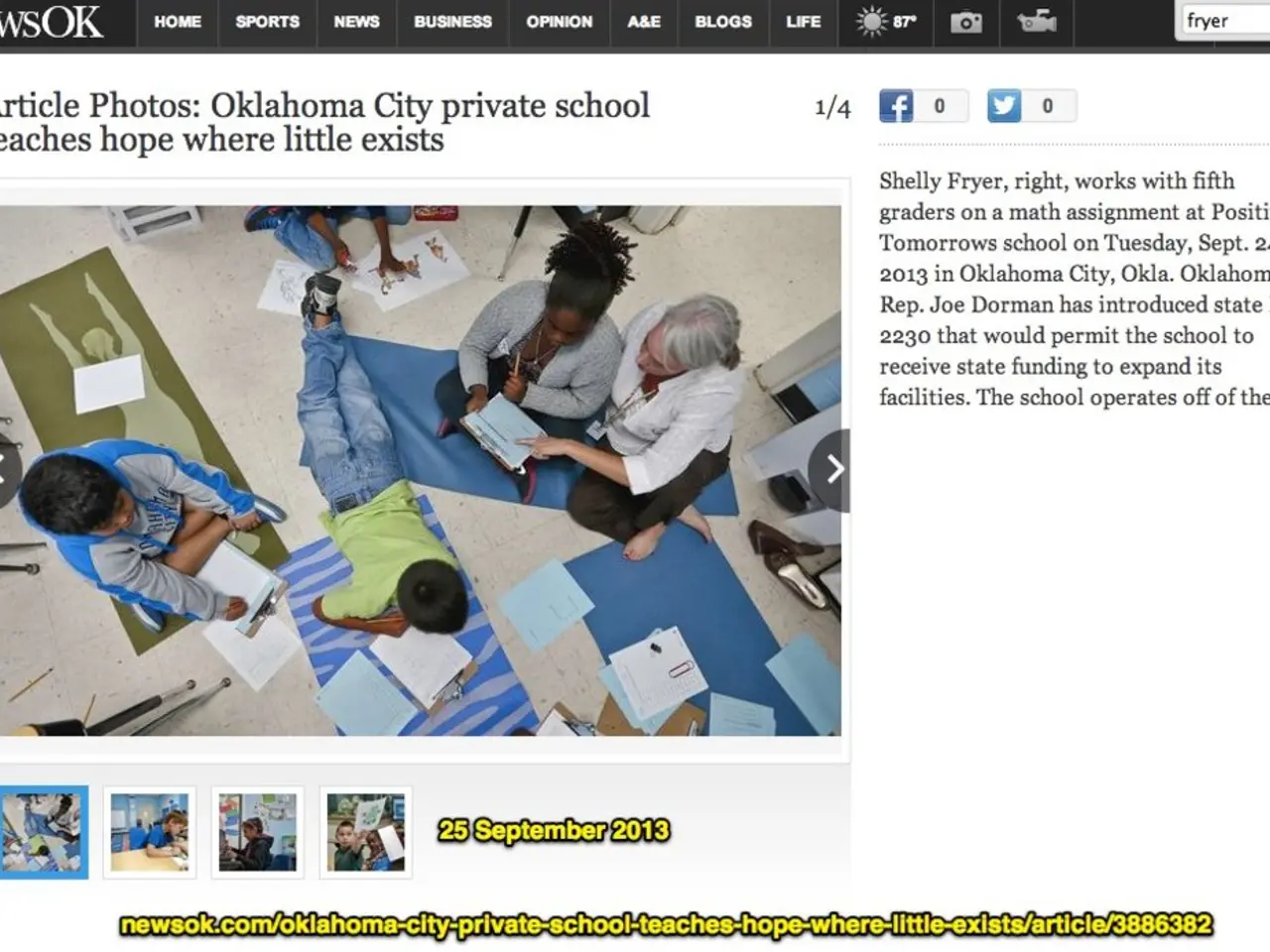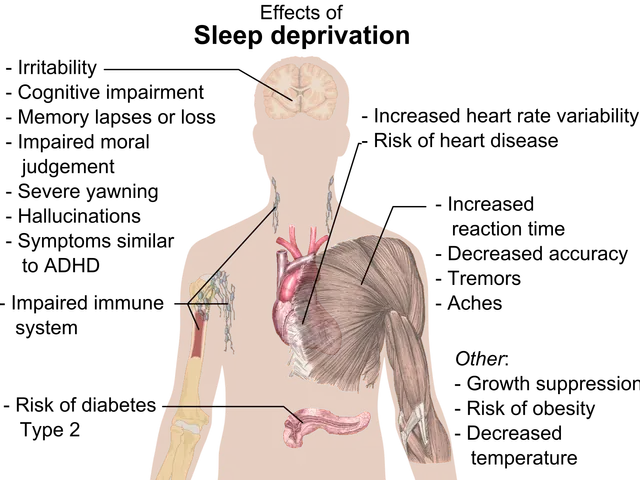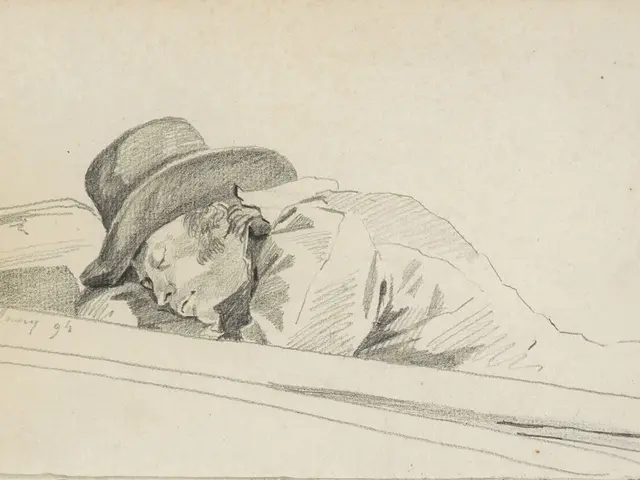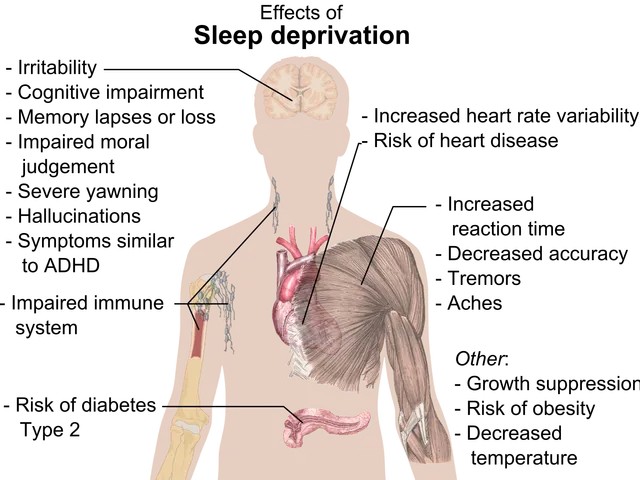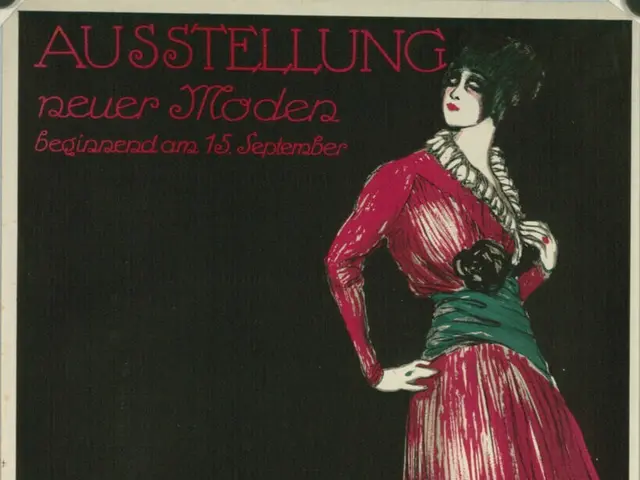Late-Night Social Media Use Linked to Poorer Mental Health in Young Adults
A new study from the University of Bristol reveals a link between late-night social media use and poorer mental health, particularly among young adults. The research, which examined seven popular platforms, found that scrolling before bed can lead to less sleep, worse sleep quality, and increased anxiety and depression.
The study, led by Daniel Joinson, suggests that staying up late on one's phone can have significant impacts on mental wellbeing. It was found that nighttime social media use accounted for about 2% of the variation in a person's mental health. Specifically, those who posted on Twitter between 11pm and 5am had 'meaningfully worse' mental health than those who posted during the day. The study also highlighted that active scrolling, rather than passive consumption, had particularly negative effects.
Nine out of ten Brits look at their phones within an hour of going to bed, according to a YouGov poll. This habit can negatively impact mental health, similar to the effects of drinking alcohol or using cannabis. Nighttime social media users scored an average of 4 to 8 points lower out of 70 on mental health scales compared to daytime users. The study's author supports calls for curfews or 'wind-down' features in apps to help people stop scrolling at night.
The University of Bristol's study underscores the importance of digital wellbeing, especially among young adults. It suggests that regular late-night social media use can negatively affect mental health. To mitigate these effects, users are encouraged to practice good sleep hygiene and be mindful of their nighttime app usage. Further details can be found in the university's publications and press releases on the topic.
